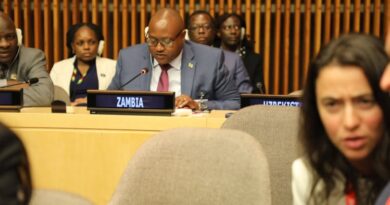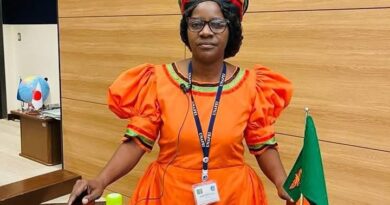Zimbabwe’s Banking Sector Witnesses a 75% Job Loss Since 2000, Union Reports
The Zimbabwe Banks and Allied Workers Union (ZIBAWU) has reported a staggering 75% reduction in jobs within the country’s banking sector since the turn of the millennium.
This alarming decline is attributed to the rapid pace of digitization and the socio-political challenges that have plagued the nation over the past two decades.
During discussions with NewZimbabwe.com, trade unionist Peter Mutasa expressed deep concern about the significant reduction in the banking workforce.
Mr. Mutasa highlighted the adverse impact of accelerated digitization and socio-political challenges, leading to a decline in membership from a peak of 12,000 in the late 1990s to approximately 3,000 presently.
He pointed to the transformative effects of digitization and automation within the banking sector as major contributors to the job losses.
The unionist also lamented the challenges faced by trade unionism, citing high unemployment rates and the diminishing effectiveness of traditional collective bargaining methods like strikes.
The restrictive nature of labour laws, compounded by a tense political environment where unions are viewed with suspicion by the government, further exacerbates the challenges faced by workers.
Mr. Mutasa emphasized the need for civic and political education to address the governance crisis affecting the economy, society, and public services.
The convention revealed the toll on bankers’ mental health due to economic and social crises, demanding work schedules, and interpersonal conflicts.
The discussions also shed light on inadequate social security, leaving many workers to retire without meaningful financial support and pensions.
“We noted that most of the problems we face are not emanating from the labour market but from politics. We agreed that we have a governance crisis affecting the economy, society, and public services. Therefore, we resolved to build an active citizenry through massive civic and political education for our members and communities,” Mr. Mutasa concluded.
This storyhas been adopted from AfricaNews.



